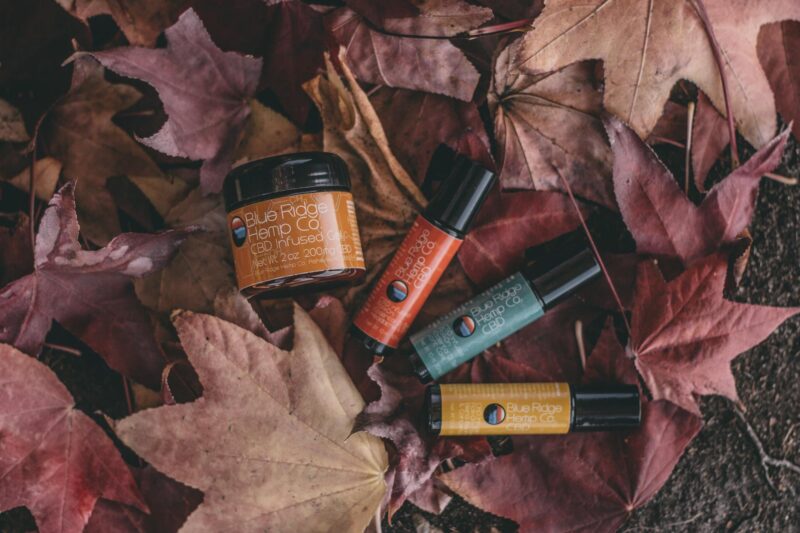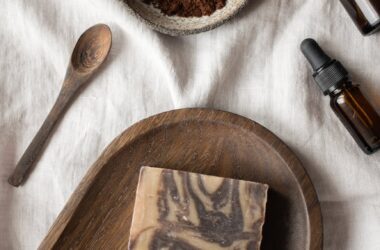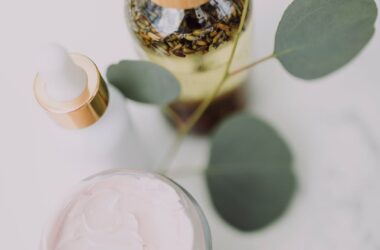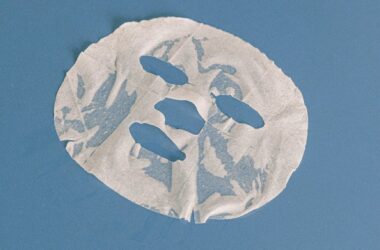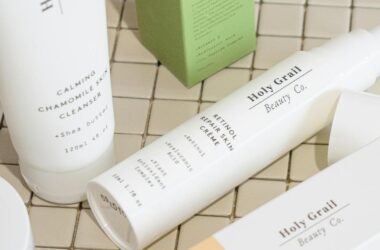Acne is a very common condition that many people struggle with.
It can cause embarrassment, frustration, and low self-esteem.
Fortunately, there are several effective natural ingredients you can use to cure acne.
What natural ingredients are good for acne?
Natural ingredients are the best way to treat your skin.
The skin is the largest organ of our body and we should therefore treat it with respect.
Some natural ingredients are very good for acne-prone skin and some are not so good.
Below is a list of the best natural ingredients that are great for treating acne-prone skin.
1. Cucumber
Cucumber contains vitamins A, B, C, and D which help in reducing inflammation thereby preventing redness, swelling, and pimples on your face.
It also helps in soothing your skin and providing you a clear complexion by removing all dirt from your pores and also balancing the oil production on your face.
How to use
To make a cucumber mask, mash a few slices of the fruit in their own juice using a fork.
If you like, you can add yogurt to the mixture for extra moisture and to help prevent the mixture from drying on your face.
2. Lavender Essential Oil
Lavender essential oil is one of the best essential oils for acne-prone skin because it works to balance hormones in the body and stimulates circulation in the skin’s tissues.
How to use
When using Lavender essential oil to treat acne-prone skin you should use it as part of a complete acne skin care regime.
It is best applied to damp skin after washing or cleansing with a gentle soap or facial cleanser.
3. Thyme
Thyme is also used as herbal medicine to treat acne since it has antibacterial and anti-inflammatory properties.
Studies show that certain compounds found in thyme oil can help fight against skin inflammation caused by pimples.
How to use
Start off by adding a few drops of thyme oil to your daily moisturizer or you can use it in a carrier oil such as coconut or jojoba for direct application to the skin.
4. Honey
Honey has been used for centuries as an antiseptic and antibacterial agent due to its natural acidic levels.
The level of acidity depends on the type of honey you use, but it’s generally safe for all skin types and it’s also beneficial for treating acne because of its gentle exfoliation properties.
How to use
You can apply honey straight from the spoon onto your face or you can use it in a mask.
Either way, you want to apply honey with a warm washcloth so that you don’t burn your face with the heat of the honey.
You should always wash your face before applying honey to your face.
5. Baking Soda
Baking Soda is also good for acne-prone skin because it is alkaline and has mild exfoliating properties.
It is widely used in many face washes, toothpaste, and deodorants.
But make sure you use it only occasionally because it can be very harsh for the face if used too often or in excess amounts.
How to use
Treating acne with baking soda is simple, all you need to do is mix baking soda with your favorite face wash or soap.
You can also just use baking soda as a face wash alone, followed by rinsing your face with warm water.
6. Coconut oil
Coconut oil is another ingredient with anti-bacterial properties that helps get rid of acne by killing the bacteria causing it while nourishing your skin at the same time.
It helps balance your skin’s oils and prevents excessive sebum production which can cause pimples and acne.
How to use
Put 3-4 drops of coconut oil on your fingertips and gently massage into your face for about 10 minutes.
How do natural ingredients differ from traditional acne products?
Natural ingredients differ from traditional acne products in that they are not as harsh and often have fewer side effects like dryness and irritation.
They typically contain greater concentrations of anti-inflammatory ingredients, such as green tea or chamomile.
Many natural ingredients help control oil production by soothing and balancing the skin rather than drying it out.
Some of these botanical extracts include aloe vera, thyme, lavender and myrrh.
Natural ingredients also contain antioxidants that help repair damage done to your skin caused by free radicals formed during sun exposure.
Benefits of using natural ingredients for acne
A growing number of people are now turning to natural ingredients for acne because they offer a safer alternative.
Using natural ingredients is often more cost-effective than taking prescription medications, and it is almost always less risky than using OTC treatments.
Many natural ingredients are readily available in supermarkets, health food stores and online.
There are many benefits of using natural, organic ingredients for acne treatment. These include:
1. Natural ingredients are gentle on your skin. They don’t cause irritation or redness like some OTC products do, which can make your skin feel worse rather than better.
2. Natural ingredients aren’t as likely to cause side effects as conventional drugs.
3. Natural ingredients are free from artificial fragrances or dyes that can stain clothing or leave behind an unpleasant smell.
4. Natural ingredients don’t carry the same risk of birth defects or other serious side effects that some conventional acne medications do.
5. You can often use natural ingredients at home without having to see a doctor first.
Final Thoughts
Hopefully, this article has given you a better idea of which natural ingredients could be used to treat acne.
If you have any personal experience with these ingredients, feel free to share your story in the comments section below.



